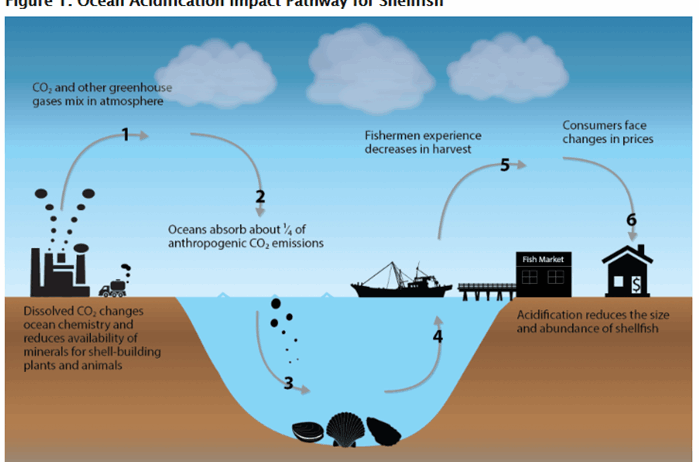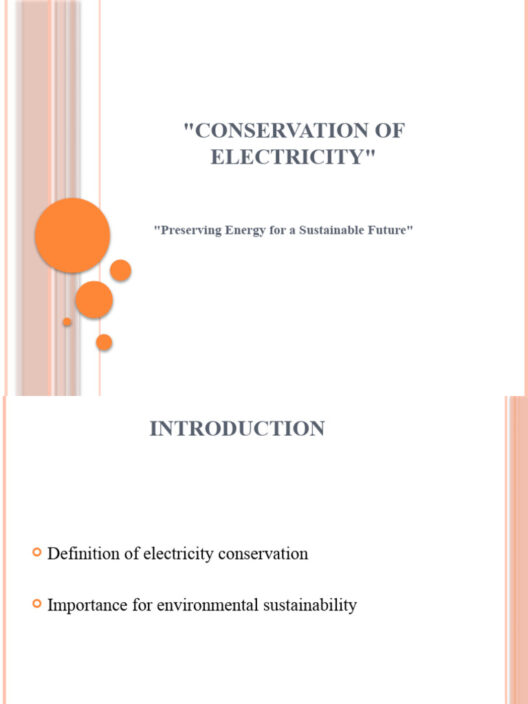As we delve into an intriguing and pressing topic, we find ourselves at the intersection of agriculture and climate change, where the humble avocado stands as a potent symbol of our food system’s vulnerability. Avocados, once considered a luxury item, have gained widespread popularity and have become staples in many diets worldwide. However, as global temperatures rise, the implications for avocado cultivation—and by extension, the farmers who rely on this crop—are profound and multifaceted.
To understand the impact of global warming on avocados, we must first consider the specific climatic conditions required for their growth. Avocado trees thrive in moderate climates; they require well-draining soils, adequate rainfall, and protection from extreme weather conditions. This delicate balance is increasingly jeopardized by climate change, as fluctuations in temperature, altered precipitation patterns, and extreme weather events become more common. Such changes endanger not only the avocado yield but also the livelihoods of numerous farmers dedicated to this vital crop.
One of the most significant ways global warming affects avocados is through temperature variations. Avocado trees are sensitive to temperature changes: they prefer a range of 60°F to 85°F. Rising temperatures, particularly as they surpass the optimal range, can lead to heat stress. This stress manifests in various ways, including poor fruit set, reduced yield, and decreased fruit quality. The economic ramifications for farmers rely heavily on the output of their avocado trees, as lowered yields translate directly to diminished income, potentially leading to financial instability.
In addition to temperature fluctuations, altered precipitation patterns pose another significant threat. Many avocado farming regions, particularly in Mexico and California, depend heavily on specific rainfall patterns. Prolonged droughts, exacerbated by climate change, can deplete the water resources necessary for optimal tree health and fruit production. Conversely, excessive rainfall can lead to flooding and waterlogging, conditions detrimental to avocado roots. Farmers face the grim prospect of not only managing the immediate effects of climate inconsistency but also adapting their practices to mitigate these impacts.
Moreover, the increasing prevalence of pests and diseases due to shifting climatic conditions adds another layer of complexity. Warmer temperatures may expand the range of pests that threaten avocado crops, such as the avocado lace bug and root rot pathogens. This expansion requires farmers to adopt new pest management strategies, often involving chemical treatments, which can be economically burdensome and have adverse environmental consequences. Additionally, the introduction of new pest species may disrupt established ecosystems, leading to imbalances that further threaten crop viability.
As avocados become more challenging to cultivate, the socio-economic consequences for farmers are profound. Many avocado producers are smallholders, often struggling to compete in a global market dominated by larger entities. These farmers may lack the resources necessary to adapt to the changes brought on by global warming, such as investing in new irrigation technologies or pest management practices. The disparity between those who have access to resources and those who do not could deepen, exacerbating food insecurity and economic hardship in regions reliant on avocado cultivation.
The environmental implications of avocado farming also weigh heavily on the sustainability of this industry. Cultivating avocados requires significant land and water resources, with intensive farming practices often leading to deforestation, soil degradation, and depletion of local water supplies. As we face the climate crisis, questions arise about the sustainability of our food systems and the ecological footprint of popular crops like avocados. Thus, the discussions surrounding avocado cultivation cannot ignore the ethical considerations of environmental conservation and biodiversity protection.
To navigate these challenges, there is an increasing call for innovative practices that enhance the resilience of avocado farming. Agroecological approaches—such as intercropping, polyculture, and organic farming—can bolster the sustainability of avocado cultivation while also supporting biodiversity and improving soil health. Farmers are encouraged to diversify their crops, thereby decreasing dependency on avocados alone and increasing overall farm resilience. Collaborative efforts between farmers, researchers, and policymakers can help disseminate knowledge regarding sustainable farming practices and climate adaptation strategies.
Additionally, consumers play a critical role in shaping the future of avocado agriculture. As awareness of climate change and its impacts on food systems grows, there is an opportunity to support local and sustainable farming initiatives. Choosing sustainably sourced avocados can drive demand for ethical farming practices, incentivizing farmers to adopt environmentally conscious methods. Furthermore, advocating for policies that promote sustainable agriculture can bolster the resilience of farmers facing the multifaceted challenges of global warming.
As we contemplate the future of our food systems, the delicate balance between avocados, agriculture, and climate change becomes increasingly important. The path forward requires collective action and informed choices that prioritize environmental sustainability and economic viability. Recognizing the interconnectedness of our food sources and climate health is essential. By embracing innovative agricultural practices, supporting ethical sourcing, and advocating for effective climate policies, we can foster a more sustainable future for avocados—and the farmers who cultivate them.
In conclusion, the story of avocados amidst the reality of global warming serves as a microcosm of the broader challenges facing our food systems. It compels us to reflect on our consumption patterns and the farmers who toil to bring food to our tables. As stewards of our planet, we have a moral obligation to consider the implications of our choices on agriculture, climate health, and social equity. The future of avocados—and, indeed, of our entire food ecosystem—depends on our collective efforts towards sustainability and resilience in the face of an uncertain climate.








